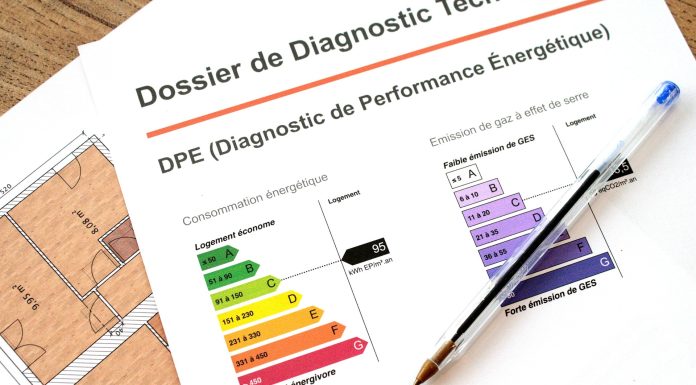
Writing for BrusselsReport.eu, Ravel Meeth, the Chairman of German NGO Bündnis Bürgerwille or the “Citizens’ Will Alliance”, which initiated the lawsuit challenging German ratification of the EU’s €750 billion “recovery fund”, challenges some misperceptions with regards to the initiative, which already succeeded in getting the German Constitutional Court to suspend the German law ratifying the EU’s €750 billion “recovery fund”.
By Ravel Meeth (Chairman of German NGO Bündnis Bürgerwille)
On Friday, 26 March, the German Constitutional Court issued an emergency ruling, prohibiting the German President from signing, and therefore ratifying, the EU’s Own Resources Decision, which enables financing for the EU’s €750bn recovery fund.
The decision of the German Constitutional Court, which is completely correct and appropriate, obviously took both the German Government and the European Commission by surprise. Since then, we could also witness media coverage of the lawsuit that may put the judges of the Constitutional Court under pressure.
Some of the allegations made both by international and German media is that the judges would be hindering “recovery“, that they would paralyse the European Union, that they would be affecting the ECJ’s prerogative to interpret European law, that they would have a sectarian outlook on EU integration and that they would be taking “revenge” for scolding received after their ruling on 5 May 2020 concerning the public sector purchase programme (PSPP), whereby they ruled that the European Central Bank (ECB) had not given sufficient reasons for the purchase of government bonds. Every time, claims are being made that the problem is with “Karlsruhe”, with accusations that plaintiffs would be pursuing a nationalist agenda.
Clearly, the supporters of the EU’s Own-Resources-Decision are keen to divert attention from the matter at hand, because the central question of whether the European Council’s Own-Resources-Decision violates the German Constitution – or rather “Basic Law” – hardly gets any attention.
In reality, the German Constitutional Court is in no way questioning the ECJ’s prerogatives. It is simply examining whether the German Constitution permits the Federal Republic of Germany to agree to the EU’s Own-Resources-Decision if it also includes debt mutualisation in violation of the EU Treaties. It is the task of the German Constitutional Court to uphold the German Constitution, not the task of the ECJ.
When it comes to the allegation that the German Constitutional Court would be preventing the “recovery”, it should be pointed out that the constitutional complaint is not being directed against the idea of “recovery spending” at all. It is only challenging the fact that the „recovery fund“ is meant to be financed with something that amounts to “Eurobonds”. The European treaties do not allow EU spending to be financed by Eurobonds.
Moreover, the German Constitution prohibits burdening the German federal government’s budget with incalculable risks that are the responsibility of other states.
Given that the EU is so desperate to finance recovery spending in a manner which violates the EU Treaties, with the friendly support of the German Finance Ministry, it really is the EU which is preventing recovery spending. This could start immediately if EU member states were to simply finance this through national debt, raised by issuing ordinary government bonds, instead of Eurobonds.
Am 26.März haben wir die von 2281 Bürgern unterstützte VerfBeschwerde gegen die 750 Mrd. Euro umfassende gemeinschaftliche Verschuldung der EU beim BVerfG eingereicht wurde, nachdem das Gesetzgebungsverfahren an diesem Tag mit der Zustimmung des Bundesrates abgeschlossen wurde.
— Bündnis Bürgerwille (@BuendnisB) March 26, 2021
The EU really is attempting to ram this through the wall, and our association, supported by 2281 citizens, which is aiming to stop this, constitutes that wall. In our opinion, the European Union can only be successful if it respects the rule of law. Only in this way will it be able to secure prosperity and peace for its citizens. A central principle of the rule of law is primacy of the law. This is what we are ultimately promoting with our complaint.
Disclaimer: www.BrusselsReport.eu will under no circumstance be held legally responsible or liable for the content of any article appearing on the website, as only the author of an article is legally responsible for that, also in accordance with the terms of use.












